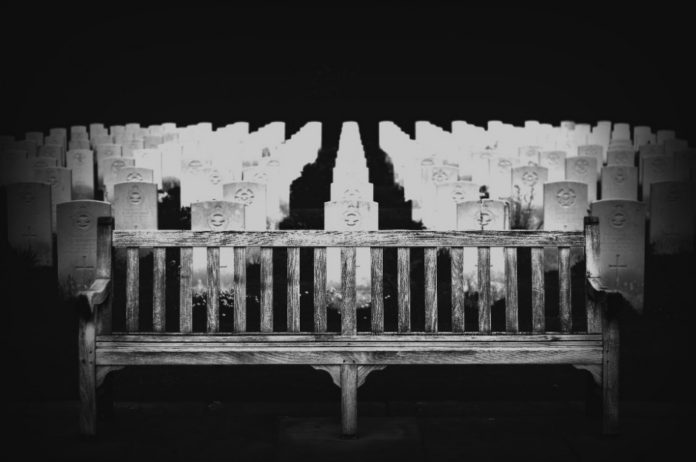
Do you really believe Steve Jobs kept a running task list and asked himself several times a day, “What’s my next action?”
Your To-Do List Is The Graveyard Of Important But Not Urgent Tasks
To-do lists should be called nagging wish-lists. A series of tasks you hope to accomplish, without a specific plan as to when you’ll get them all done. How many items on your current to-do list have been there for several days? Or months? Years?
According to The Busy Person’s Guide to the Done List, by Janet Choi and Walter Chen of iDoneThis:
- 41% of to-do list items are never completed.
- 50% of to-do list items are completed within a day, many within the first hour of being written down.
The first problem with recording tasks on a to-do list is that it doesn’t distinguish between items that take only a few minutes and items that require an hour or more. So when you randomly look at your list and ask, “Hmm, what should I tackle next?”, you are very likely going to pick the quick and easy items, not necessarily the thing that is most important.
Second, and similar to the first problem, to-do lists make it really easy to work on the urgent instead of the important. How many of us have an annual doctor’s or dentist’s visit more than six months overdue?
Third, to-do lists cause unnecessary stress. Indeed, when we carry around a long list of undone items it’s one way to remember them. But it’s also a constant reminder that there are many things we still need to deal with. No wonder we feel overwhelmed. No wonder at night we collapse exhausted, but fight insomnia as our brain processes all that still has to get done. No wonder our bodies are breaking down from stress.
Instead: Live Life From Your Calendar
Highly successful people don’t have a to-do list, but they do have a very well-kept calendar. One of the most consistent messages I got from all the interviews and research I’ve done over the past few years was that no matter what it is, if you truly want to get it done,schedule time for it.
Jordan Harbinger, co-founder of The Art of Charm (a school that teaches networking and relationship-development skills) applies it this way:
“Use a calendar and schedule your entire day into 15-minute blocks. It sounds like a pain, but this will set you up in the 95th percentile as far as organization goes. If it’s not on the calendar, it doesn’t get done. If it’s on the calendar, it gets done no matter what. Use this not just for appointments, but workouts, calls, email blocks, etc.”
This is why hyper-busy politicians, executives and celebrities have full-time schedulers. This is why—as pretentious as it sounds—successful people are prone to saying things like, “Have your people call my people to set something up.” But even if you’re scheduling everything for yourself, the trick is to assign a block of time for everything that’s a true priority.
So, ditch the to-do list. I’ll bet you half the tasks on there have been there for six months—or more. If you really want to get it done, put it in your calendar. If it’s not in there, it wasn’t as important as you thought in the first place.
Now, if you’ll excuse me…I’ve got an appointment to get to.
–
Kevin Kruse is the author of the bestselling book 15 Secrets Successful People Know About Time Management and the ready-to-print “Infographic: 15 Things Ultra Productive People Do Differently.”
Originally published on Forbes.





